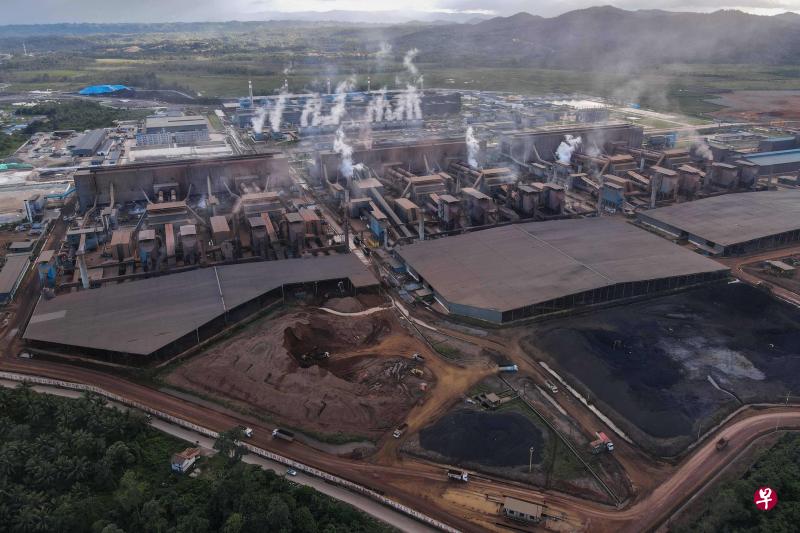
(Jakarta Reuters) Indonesia's marine affairs and investment minister Luhut said that Indonesia is preparing to copy the success mode of banned nickel ore exports on other mineral raw materials to encourage the development of mineral smelting and downstream industries. In 2024, it will beThe export amount was pushed to a record level of 300 billion US dollars (about $ 427 billion).
Indonesia is rich in natural resources. It is the world's largest power coal, palm oil, and refined tin exporter. It is also the main sales country of nickel -based steel, copper, rubber and other resources.In the past year, Indonesia's exports have been booming.
The Indonesian government banned nickel ore exports in 2020 to attract foreign merchants to develop nickel smelter and downstream industries to increase the added value of the nickel industry.
Luhut Monday (October 24) was interviewed by Reuters that the Indonesian government intends to copy this successful model and use the export ban in aluminum ore, copper, tin and palm oil, so that these raw materials make these raw materials high.Add value products."Our export volume was US $ 232 billion last year, and it is expected to increase to 280 billion yuan this year. By 2024, it may reach 300 billion or more ... If this (downstream development strategy) is through, our economy will achieve significant growth."
Luhut added that the GDP in Indonesia is expected to reach 3.5 trillion US dollars in 2030, nearly twice as much as 1.19 trillion US dollars in 2021.
He said that nickel metal exports will increase to nearly $ 30 billion this year, higher than $ 21 billion in 2021.The price of some raw materials next year may fall, but the price of coal and palm oil will be maintained at a high level.He also expects that Indonesia can produce electric vehicle batteries in 2024.
Indonesian President Zoko said last week that the official was still calculating the tin export ban on the proposed proposal, and was also committed to promoting the mining processing industry.
The European Union is dissatisfied with Indonesia's nickel ore export ban and filed a complaint to the World Trade Organization. It is expected that the WTO will issue a report on this dispute at the end of the year.Zoko said last month that Indonesia might lose the lawsuit last month.
The total area of the Indonesian palm planting garden is greater than the measured in the first stage of audit
On the other hand, Luhut also revealed in the interview that the total area of palm planting in Indonesia found that the total area of Palm planting in Indonesia was 1638 hectares measured in the first stage of audit.
The Indonesian government was ordered to collect information on the area of each plantation, palm oil output and price, and land use rights after the shortage of oil and oil prices soaring at the beginning of this year.The aim of auditing aims to improve the transparency of this industry, ensure that planting companies pay taxes in accordance with the law, increase the accuracy of output estimation, and better protect forests.
Luhut pointed out that some small farmers cannot plant palm trees because it is difficult to prove the right to use land. This audit will help them eliminate obstacles in this area.
He said that if the production power can be increased, the production of palm oil per hectare of planting places increases from the current 4 tons to 10 tons, then Indonesia is expected to exceed 100 million tons of annual output without increasing the planting area without increasing the planting area.close.


